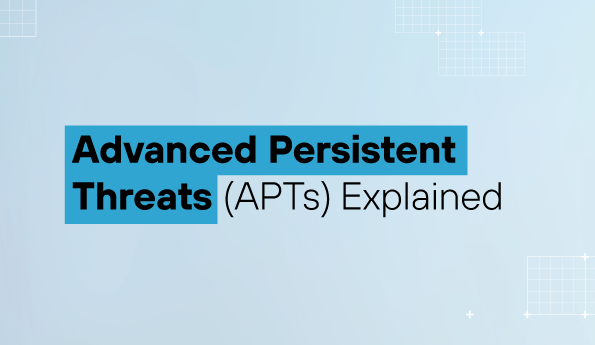Five Disadvantages of Using VPNs


Virtual private networks (VPNs) have long been the go-to solution for securing remote access and protecting online privacy. However, as technology evolves and businesses embrace cloud-based infrastructure, VPNs face multiple limitations providing seamless access to cloud applications and often hinder agility and scalability.
In this blog post, we discuss five key disadvantages of using VPNs, and how the need for a more comprehensive and flexible solution has paved the way for innovative approaches like Secure Access Service Edge (SASE) to address the evolving requirements of modern businesses.
What are the disadvantages of using VPNs?
From decreased internet speeds to concerns about data privacy, there are five important downsides of utilizing VPNS:
1. Bandwidth limitations
One of the primary concerns when using VPNs is the potential decrease in internet speed. Encrypting data and routing it through remote servers can introduce latency, resulting in slower connections. The additional steps involved in VPN tunneling can cause a noticeable impact on upload and download speeds.
This can be particularly problematic for businesses that rely on fast and uninterrupted connections for activities such as video conferencing or streaming high-definition content.
2. Security and trust concerns
VPNs rely on encryption to secure data transmission. However, if a VPN provider uses weak encryption protocols or fails to implement encryption properly, it can expose user data to interception and compromise.
VPN servers can also become targets for cyberattacks, especially if they are not properly maintained or lack security updates. A compromised VPN server exposes users' data and potentially provides unauthorized access to attackers. Regular security audits and timely patches are essential to ensure the integrity of VPN server infrastructure.
3. Compatibility issues
VPN technology can be complex, and not all VPN services are compatible with all devices and operating systems. Some VPN protocols may not work on certain platforms or require manual configuration, making the setup process a burden for less tech-savvy users. Certain applications and websites may not function optimally or at all when a VPN is enabled, which can lead to a frustrating user experience.
4. Legal and regulatory implications
Using a VPN to access geo-restricted content or bypass censorship measures may infringe upon local laws or violate the terms and conditions of certain platforms. While VPNs themselves are legal in most countries, the activities conducted through them may not be. It’s essential to be aware of the legal and ethical implications associated with VPN usage, especially when operating in countries with stricter internet regulations.
5. Poor user experience
VPNs backhaul traffic to a data center or company headquarters, which means distance plays a critical role in performance. It also creates a central bandwidth chokepoint. The farther away someone is, the more latency they experience. In addition, the more users that consume limited bandwidth, the greater the performance impact.
Similarly, backhauling traffic to connect to cloud or SaaS apps is inefficient. As a result, many employees avoid VPNs or similar remote access solutions except when required, further driving up risk while limiting visibility and control.
Make remote work easier and more secure with an always-on VPN
As businesses increasingly require a more agile and secure approach to remote access and network connectivity, SASE solutions address the limitations of VPNs and offer a wide range of advantages.
SASE provides a unified and cloud-native architecture that combines network and security services. The most effective SASE solutions leverage a global network of points of presence (PoPs) strategically located worldwide, reducing latency, and improving performance by minimizing the distance that data travels.
SASE delivers zero trust network access, and depending on the provider’s approach it can incorporate additional security features such as secure web gateways, URL and content filtering ensuring comprehensive protection for users and data. Overall, SASE offers enhanced performance, streamlined management, and robust security, making it a powerful alternative to traditional VPNs.
See Todyl in Action
Learn how you can protect what you built.
Stay on the Cutting Edge of Security
Subscribe to our newsletter to get our latest insights.




